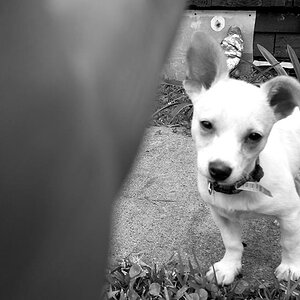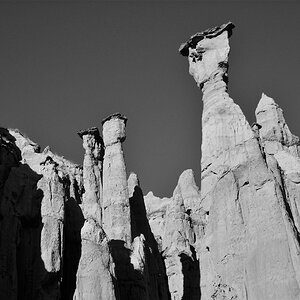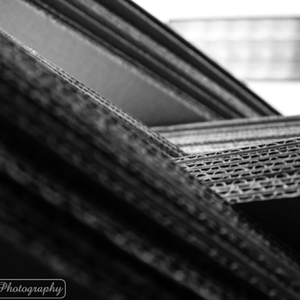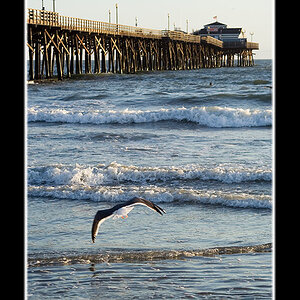Soocom1
Been spending a lot of time on here!
- Joined
- Feb 27, 2006
- Messages
- 3,253
- Reaction score
- 1,489
- Can others edit my Photos
- Photos NOT OK to edit
So a friend of mine wants me to take photos of her and her BF under the tree they first kissed.
Setting up for a daytime shoot with an off camera flash/strobe, but was warned that she has Hemiplegic Migraines with epileptic tendencies.
ergo: Bright lights pushes her to a seizure.
Now this is a simple matter of no flash and adjusting stops, and WB.
But it brings to my attention that any photographer should warn ahead of time that if a customer has such tendencies, that both parties should be made aware.
Thoughts?
Setting up for a daytime shoot with an off camera flash/strobe, but was warned that she has Hemiplegic Migraines with epileptic tendencies.
ergo: Bright lights pushes her to a seizure.
Now this is a simple matter of no flash and adjusting stops, and WB.
But it brings to my attention that any photographer should warn ahead of time that if a customer has such tendencies, that both parties should be made aware.
Thoughts?




![[No title]](/data/xfmg/thumbnail/42/42472-9229a7111196e5db141ab82c04a4ba48.jpg?1619740193)







![[No title]](/data/xfmg/thumbnail/42/42473-acff07bd005ae1bb1af25d5d00d0c437.jpg?1619740193)
